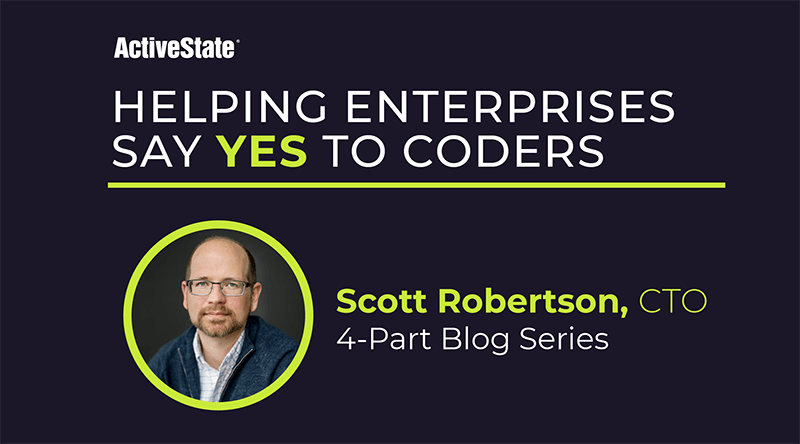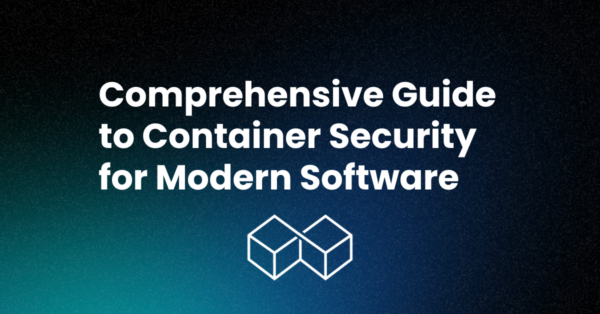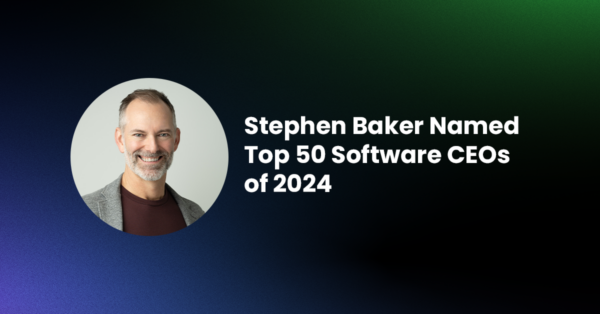This article was originally posted on Medium.
ActiveState recently launched the first feature of our new SaaS Platform: Python Runtime Security. In the final part of this blog series, ActiveState Chief Technology Officer and VP of Engineering, Scott Robertson, identifies unique challenges to working with open source languages and how the new SaaS Platform is positioned to address them. Follow the links to see previous posts in this series:
Part 2: Solving SDLC Challenges
Part 3: Continuous Integration / Continuous Deployment
ActiveState: We’ve been speaking about open source languages or dynamic languages. What is unique about them in terms of the challenges we’re solving? Why not focus on Java? If what we’re solving is such a big challenge, and most companies use Java why not focus on Java instead?
Scott: Let’s address “Why not use Java?”. We didn’t focus on Java because it’s a very mature ecosystem that has a lot of tooling and best practices built around it. And that’s largely been adopted by the enterprises. We like to focus on the “fringe languages”. A lot of the interesting things happen on the fringe versus in the mainstream. And there’s a big hole in what the ecosystem needs.
The mainstream tends to be like your all-in-one copy/fax/scan machine which does a lot of things but none of it particularly well. Whereas most fringe languages are designed to handle very specific problems in an elegant fashion which is why a lot of developers are passionate about using them: they recognize there is a particular problem this language has been designed to address. Developers know that particular problem would be easy to solve with their chosen language and for their day-to-day, even their livelihood, it makes sense to use this niche language.
And because that niche language comes out of a smaller community it might not have all the tooling that something like Java already has in place. The missing tooling could include everything from handling deployment and production or how to deploy on multiple platforms that an organization may run, e.g. how to run on Solaris and Windows.
And these languages for specific problems, these fringe languages, are where I believe ActiveState’s expertise can provide the most value. We help developers bring in those languages that help address specific challenges because we understand what the developer needs to do their job and we also understand what the enterprise needs. We can help backfill all the missing features that a language might not necessarily have because it comes out of a small open source community.
And this backfilling of toolkits for fringe languages; the making of developers’ lives easier by enabling them to use the languages they want to use and simultaneously meet enterprise requirements is the true vision of our Platform.
We can address the same common problems organizations have: the need to be able to solve dependencies, the need to make sure things are up to date, the need to know if they’re secure, and the need to know what licensing that software is using so that it’s not in conflict with corporate policies.
ActiveState: Are there any unique challenges to open source?
Scott: Unique challenges to open source in general? A broad challenge is whether licenses are compatible with how you’re using them. For instance, GPL is a great license for helping with innovation, but it’s not always compatible with corporate mandates of for-profit software. Depending on the language being used you may have more legal issues related to your GPL usage.

Governance of open source languages can also be problematic for organizations. What I mean by that is there’s a spectrum in the quality and contributions of open source language development. Some languages are developed by groups and those languages take a more lax or “everything and the kitchen sink” approach. This means there’s a lot of great features but often they are poor quality.
Some other languages have a benevolent dictator approach where there’s one author who is responsible for developing a particular language. This means it’s of higher quality but fewer features. And there’s a whole spectrum in between the lax approach and benevolent dictator approach. So depending on what language you’re using and where you turn for help there may or may not be an answer, and the answer may not be the one you need.
ActiveState: And yet we’re using that code to run the world.
Scott: Run the world, keep track of my bank account and all that fun stuff.
ActiveState: Alright. Thanks a lot Scott for taking the time today to go over what you’re working on here. We’re all very excited. There’s a lot of energy at ActiveState around the new Platform. We’re looking forward to the future. And I look forward to more conversations like this.
The New Open Source Languages Platform
The new SaaS Platform for open source languages allows enterprises to move at the speed of developer innovation without sacrificing security or compliance. Create a free account or learn more about Platform features.






